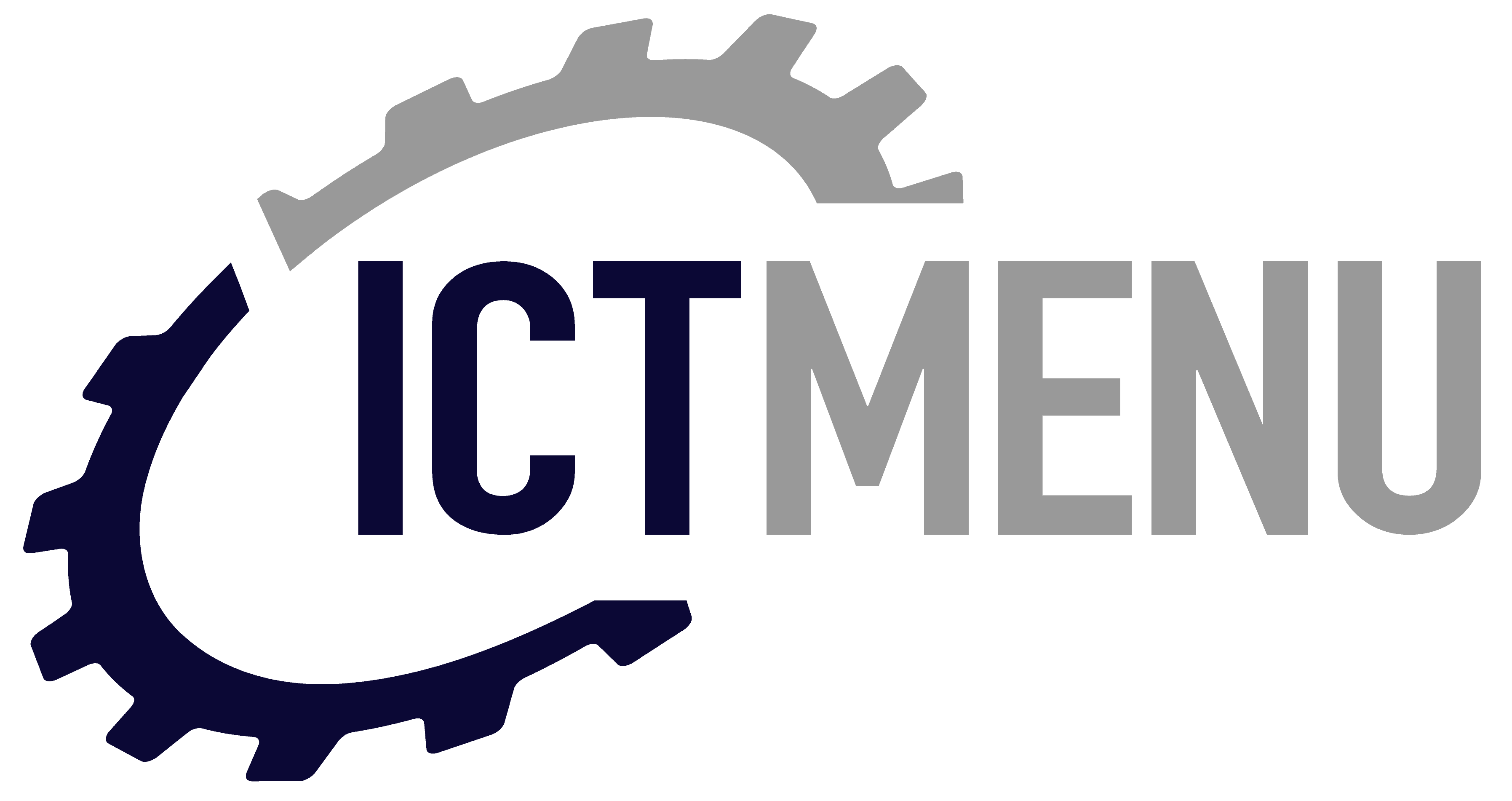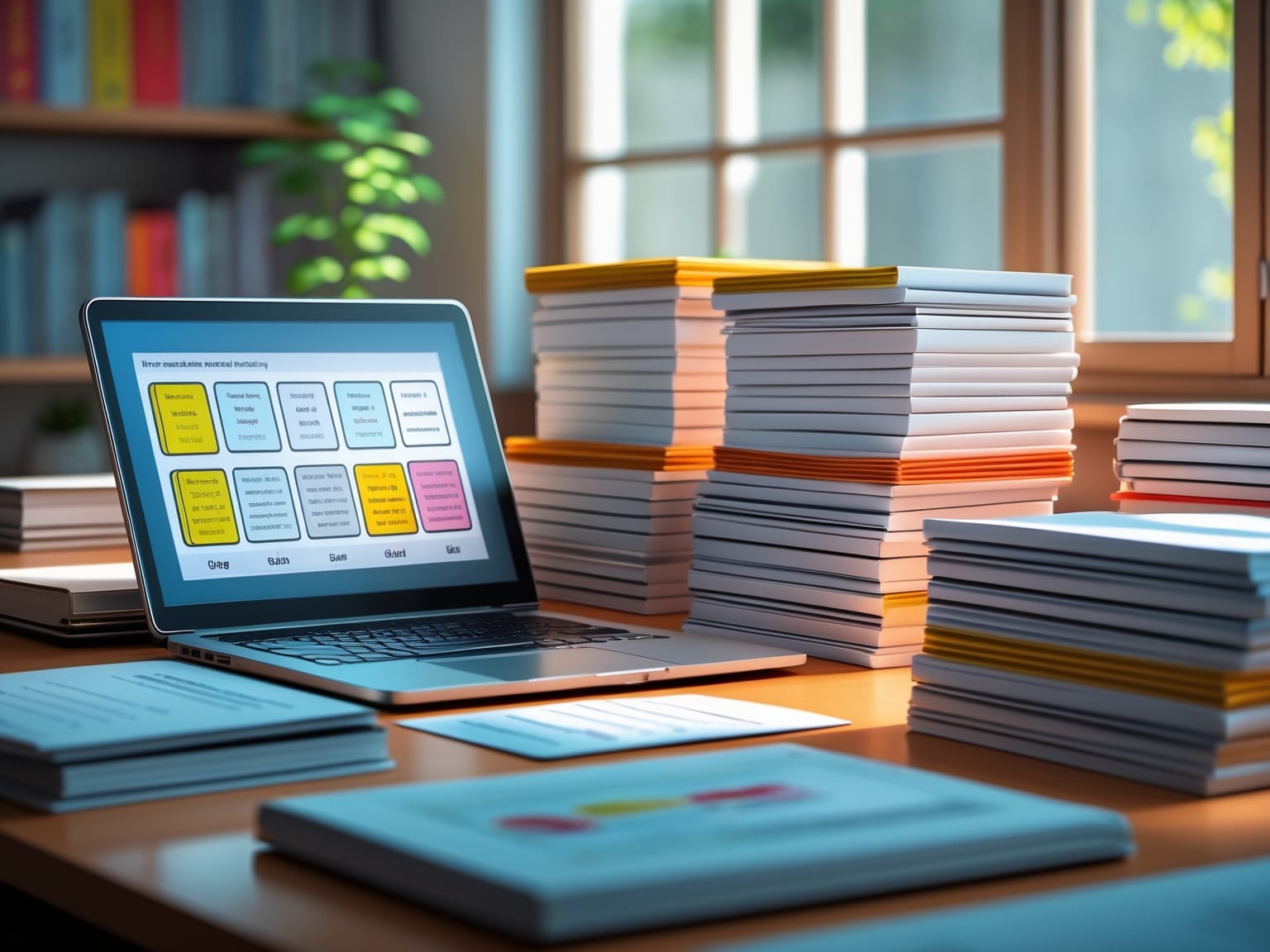OpenCards is a versatile tool designed for effective learning using spaced repetition. This technique enhances memory retention by strategically timing the review of flashcards, making OpenCards an ideal solution for mastering new information over the long term. With features supporting vocabulary acquisition, OpenCards empowers learners by transforming how they study complex subjects. Discover how to optimize your learning process with OpenCards and acquire skills more efficiently.
Understanding OpenCards
OpenCards serves as a powerful ally in the journey towards mastering learning techniques, capitalizing on its foundational principle of spaced repetition. This scientifically-backed approach plays a crucial role in enhancing memory retention, making OpenCards an incredibly effective tool for both students and professionals. At the heart of OpenCards lies the concept of spaced repetition, a technique that involves presenting information at increasing intervals to strengthen the learner’s ability to recall information over the long term.
Flashcards within OpenCards are meticulously optimized for learning, providing users with a dynamic way to absorb new information. Each card is designed to challenge the learner, offering not only visual prompts but also opportunities to test comprehension and retention actively. This method has been shown to improve long-term memory significantly, ensuring that the time invested in learning yields durable knowledge.
OpenCards adapts to the learner’s pace, making the study process both personalized and efficient. Whether you’re a student preparing for exams or a professional seeking to refine skills, OpenCards supports your individual learning journey. By promoting deeper comprehension and recall, OpenCards transforms study habits into effective and productive routines.
With OpenCards, the systematic intervals for reviewing information build a strong foundation for robust memory and understanding, seamlessly integrating into your educational and professional pursuits. As we transition to the next chapter on ‘Spaced Repetition Insights’, we delve deeper into why this technique is a cornerstone of effective learning, unearthing more ways to harness its full potential.
Spaced Repetition Insights
OpenCards takes the spotlight as a tool that epitomizes the power of spaced repetition in efficient learning. The spaced repetition technique, central to the effectiveness of OpenCards, involves scheduling reviews at progressively increasing intervals to enhance the retention of information. By implementing OpenCards, users can strategically organize their review sessions to optimize learning. This strategic approach not only aids in reducing the forgetting curve but also plays a crucial role in enhancing memory longevity, ensuring that knowledge transitions from short-term to long-term memory more effectively.
As learners explore the capabilities of OpenCards, they discover its scientifically-backed strategy that has proven successful in various educational fields, including language acquisition. The method fosters an environment where information is encoded into long-term memory efficiently, thus reducing the cognitive load over time. This mechanism ensures that knowledge becomes a steadfast component of the learner’s arsenal, ready to be accessed when needed.
Transitioning from understanding OpenCards to its practical applications involves examining how this tool can be seamlessly integrated into daily learning routines, achieving personalized learning goals. The next chapter will delve into this application, providing insights on adapting OpenCards across different disciplines, offering a roadmap for users aspiring to maximize their learning potential using this transformative method.
Practical Applications of OpenCards
OpenCards offers a powerful and versatile platform for effective learning in both academic and professional environments. Building on the previously discussed benefits of spaced repetition, OpenCards harnesses this tool to enhance memory retention and understanding. Its customizable framework allows learners to create tailored learning paths suited to their specific goals. One of the most popular applications of OpenCards is in language acquisition. By utilizing flashcards tailored to vocabulary and grammar, learners can break down complex languages into manageable units, facilitating gradual and sustained mastery.
Professional skill enhancement is another valuable application of OpenCards. In a rapidly evolving job market, professionals need to adapt quickly to new skills and technologies. OpenCards enables users to craft personalized study modules focusing on industry-specific topics such as coding, project management, or data analytics. This adaptability ensures that professionals remain at the forefront of their fields, able to meet the demands of an ever-changing workplace.
Exam preparation significantly benefits from the strategic implementation of OpenCards. Students facing rigorous testing environments can use the platform to systematically tackle challenging subjects. By focusing on areas of weakness and reinforcing strengths through repetitive review, OpenCards ensures comprehensive preparation, reducing the anxiety typically associated with exams.
As learners integrate OpenCards into their study routines, they leverage its flexibility to achieve efficient learning. This natural progression leads into optimizing learning efficiency, where users can further enhance their study strategies and outcomes.
Optimizing Learning Efficiency
OpenCards stands out as a powerful tool to enhance learning efficiency by offering a highly customizable study experience. Building on its practical applications, OpenCards incorporates the concept of spaced repetition, which is a scientifically-backed strategy to improve long-term retention. By allowing users to customize intervals, OpenCards adapts the review frequency based on individual mastery, ensuring that the material is revisited just as retention might begin to fade, thereby reinforcing memory effectively.
Another feature contributing to learning efficiency is the ability to track progress. OpenCards provides users with detailed analytics on their study sessions, facilitating insights into areas that require more focus. By monitoring their progress, learners can strategize their study plans better, utilizing their time more effectively while witnessing tangible improvements over time.
OpenCards also excels in adapting to learning styles. Whether the user prefers visual aids, auditory cues, or text-based study methods, OpenCards offers flexibility, ensuring that the learning experience caters to the user’s preferences, thereby making learning not only more enjoyable but also significantly more productive.
These tailored tools empower learners to design a study regime that aligns with their specific needs, enhancing both engagement and retention. As we delve further into OpenCards, the next area of focus will be on how these efficient learning strategies further bolster memory retention, providing users with a comprehensive toolset for their educational pursuits.
Enhancing Memory Retention
OpenCards offers a compelling solution for enhancing memory retention through its innovative spaced repetition strategy. By optimizing learning efficiency, OpenCards ensures that knowledge is revisited at intervals which strategically maximize memorization and retention. This technique works by embedding information firmly in the learner’s mind, helping them recall facts and concepts more easily over time. Spaced repetition is highly effective because it schedules reviews at moments when the information is on the verge of being forgotten, thereby strengthening its impression in memory.
A major benefit of using OpenCards is the significant boost in memorization. With carefully timed reviews, learners find it easier to internalize large amounts of information, which is especially useful for exams or mastering new skills. Additionally, the extension of knowledge retention is a core advantage of spaced repetition—knowledge is not just remembered temporarily; it is stored more effectively for long-term recall. This means that learners can access crucial information whenever needed, minimizing the risk of forgetfulness that often accompanies traditional study methods.
By adopting OpenCards, users not only improve their daily absorption of information but also experience a reduction in cognitive overload, as the spaced repetition method alleviates the pressure of cramming. Whether targeting academic excellence or aiming to enhance everyday learning routines, this strategy serves as a reliable backbone for continual knowledge development. As we explore innovative study strategies with OpenCards in the following chapter, learners are invited to discover more dynamic ways to revolutionize their learning experience.
Innovative Study Strategies with OpenCards
OpenCards represents a modern leap beyond traditional flashcards, merging innovative study strategies with cutting-edge technology to enhance learning experiences on multiple levels. From the previous discussion on enhancing memory retention, OpenCards advances this by offering dynamic learning paths that adapt to the user’s progress, allowing for a more personalized and effective study trajectory. This feature ensures that learners are not confined to a linear path but can switch between topics and difficulty levels as their comprehension grows.
Another cornerstone of OpenCards is the integration of interactive media, which transforms static learning into a lively and engaging process. By incorporating videos, images, and sounds, OpenCards caters to various learning modalities, thus deepening understanding and retention. This interactivity not only enriches the learning content but also caters to diverse learner preferences, thereby maximizing engagement and interest.
OpenCards also supports collaborative learning, a crucial element in fostering a holistic educational environment. Users can share decks, collaborate on content creation, and participate in group activities that encourage knowledge sharing and collective problem-solving. This approach promotes a community of learners who can motivate and learn from each other, enhancing the educational experience.
By combining these innovative features, OpenCards empowers learners to engage with content creatively and comprehensively. This aligns with educational theories that emphasize active engagement and contextual learning, firmly establishing OpenCards as an advanced tool for mastering complex subjects. The seamless fusion of technology with educational principles positions OpenCards as a leader in the realm of digital learning resources.

